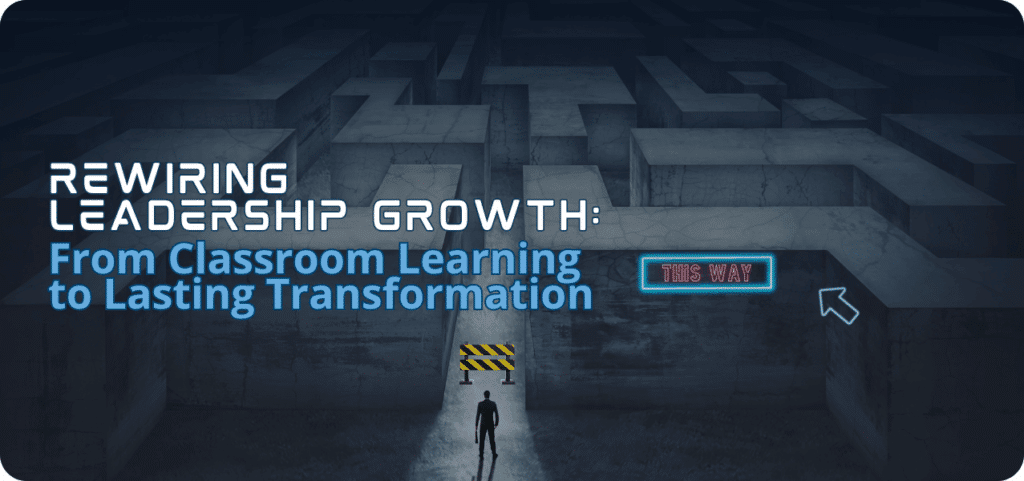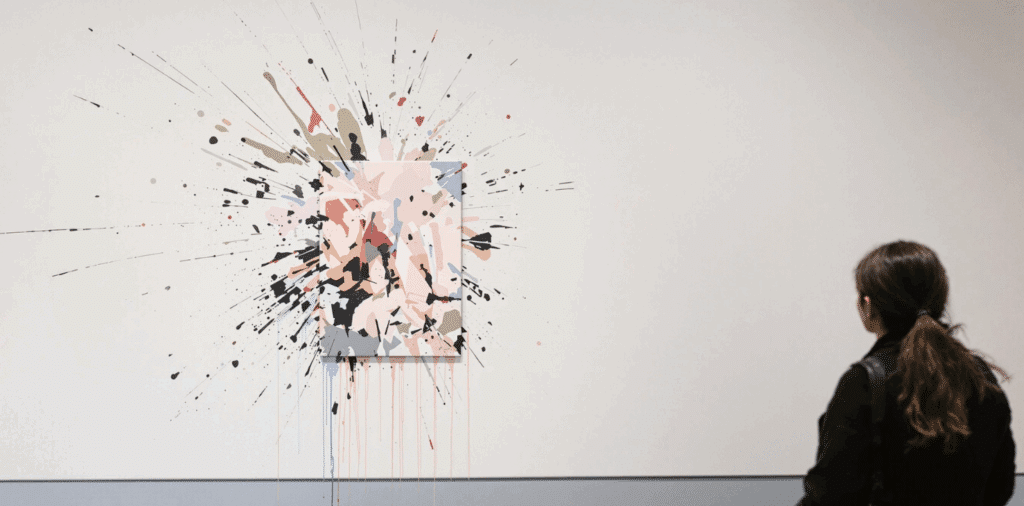What a Planetarium Teaches Us about Learning
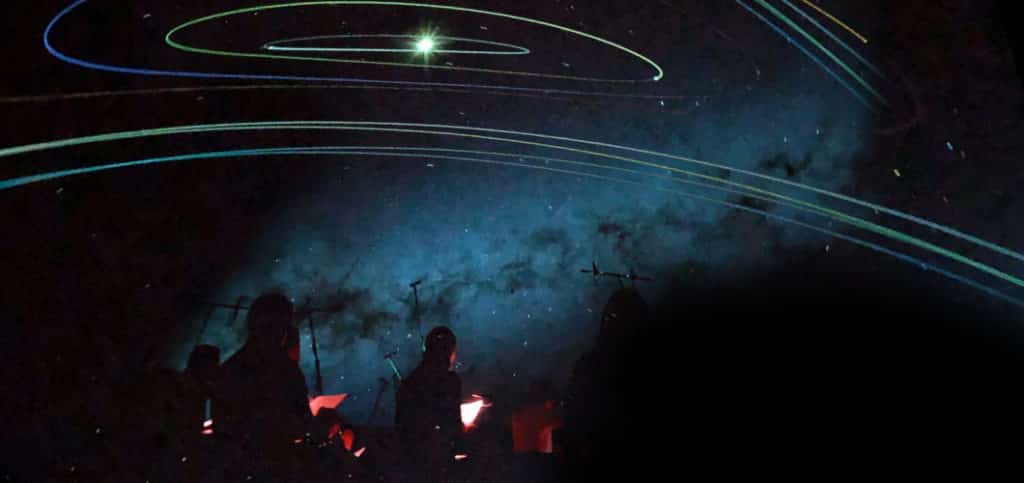
They came to me as I was whisked through space: Three similarities between a visit to the Planetarium and taking part in an experiential learning program.
Those acquainted with me might know that I have a passion for choral music. I sing in two choirs. One is a chamber choir dedicated to sacred music from the Renaissance era, the other is specialized in the live performance of motion picture soundtracks. The latter ensemble had a concert series this past weekend. Unfortunately, I haven’t been able to actively take part in the project. Instead, I went there to help out capturing all attendees’ contact info, a must-have for potential contact tracing, due to the special times we live in.
The 21st Century Chorus of Lucerne was guest at the Swiss Museum of Transport’s Planetarium. It’s indeed a special location for a choral concert: intimate without feeling constraining, putting the music center-stage due to the concentric arrangement and with the possibility to display imagery that fits the spherical sounds of the selected works. I was excited as it had been a while since I had been in a Planetarium. And let’s be honest: after standing two hours in the lobby greeting guests, I was looking forward to the comfy seats.
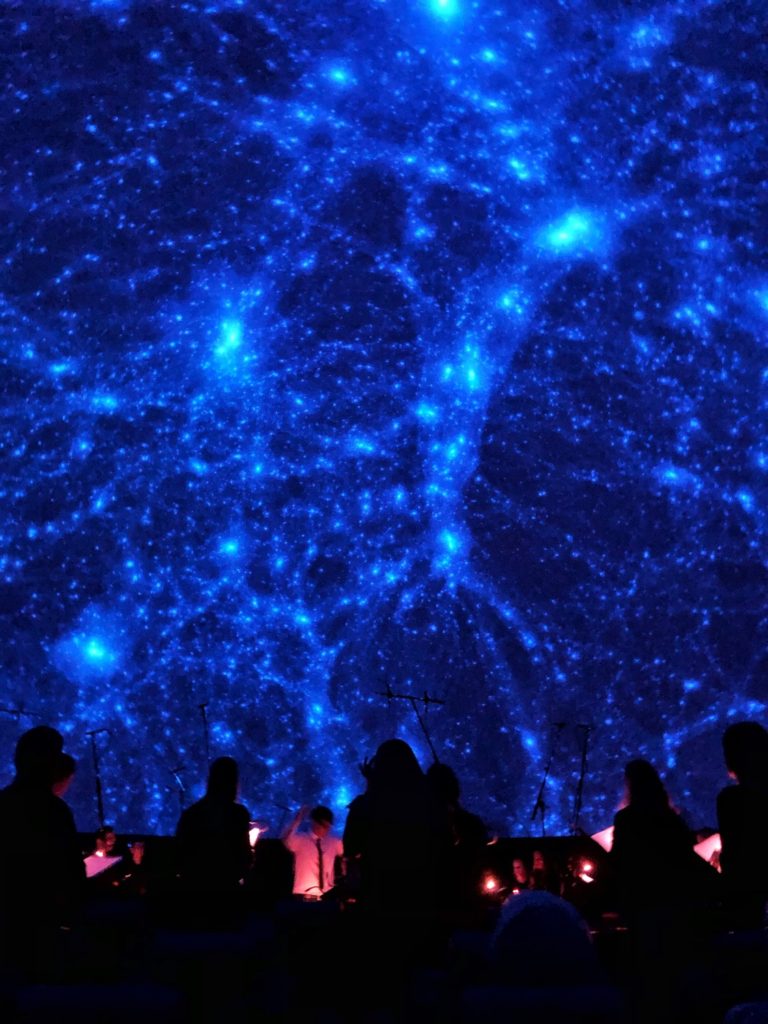
As I was listening to my friends’ beautiful voices and looking at the gorgeous projections, I started to reminisce how planetariums used to be when I was a child and we visited the museum during holidays. Remember that huge projector bone standing in the middle? It would squeak with every move it made showing how the cosmos is in constant flux… Naturally, it is known to everybody that the night sky is shifting all the times. Stars, planets and everything else we know and don’t know in the universe are in permanent movement.
Sitting in the Planetarium, viewing the sky with rare clarity – sometimes up-close, then again in an incredible wide angle – and thinking back to that squeak (not audible in the 21st century version of the planetarium) allowed me to recall and focus on what I considered common knowledge: The cosmos is in constant flux. Some elements are on predetermined trajectories; other phenomena, such as solar flares, appear in aleatory patterns. How interesting it was that a concert on a Sunday morning brought that back to my realization.
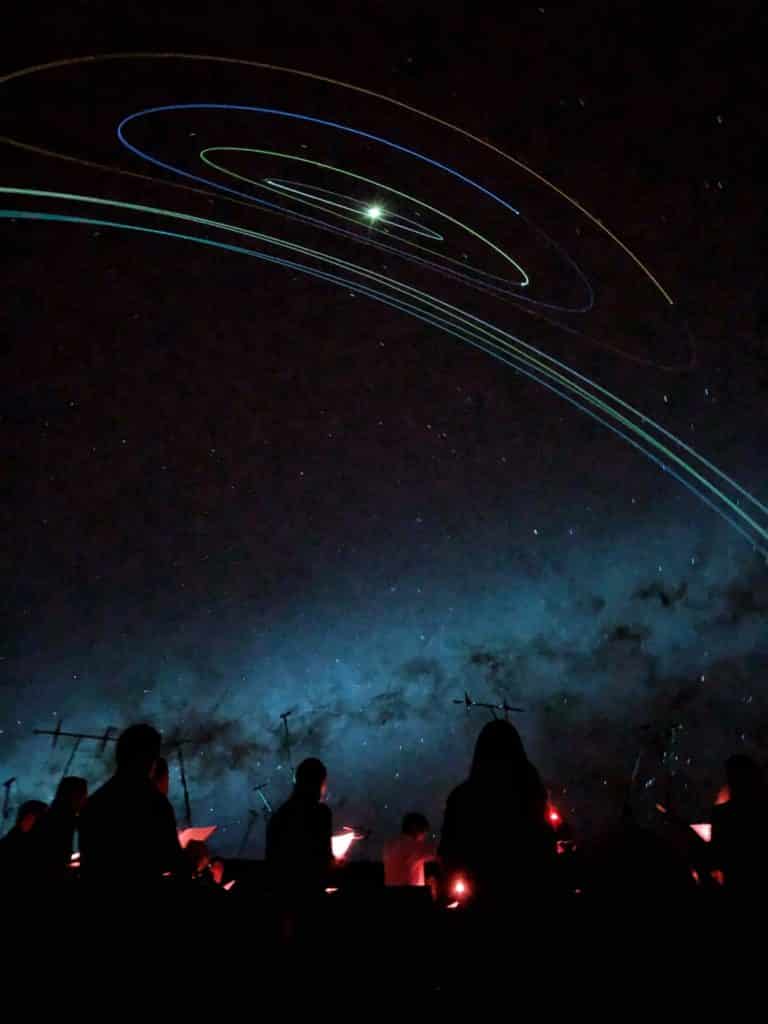
As we came to the middle of the concert – the choir had just finished a beautiful rendition of «Nimrod: Lux Aeterna» by Edgar Elgar – the perspective changed to a view from the International Space Station. We were flying far above planet Earth, whisking our view over its surface and listening to now high-spirited sounds. I was in awe at Earth’s beauty, yet also reflecting on its complexity and fragility. Another purpose of the Planetarium became apparent to me: It often takes a step back – or in this case the view from the International Space Station – to see something clearly and holistically.
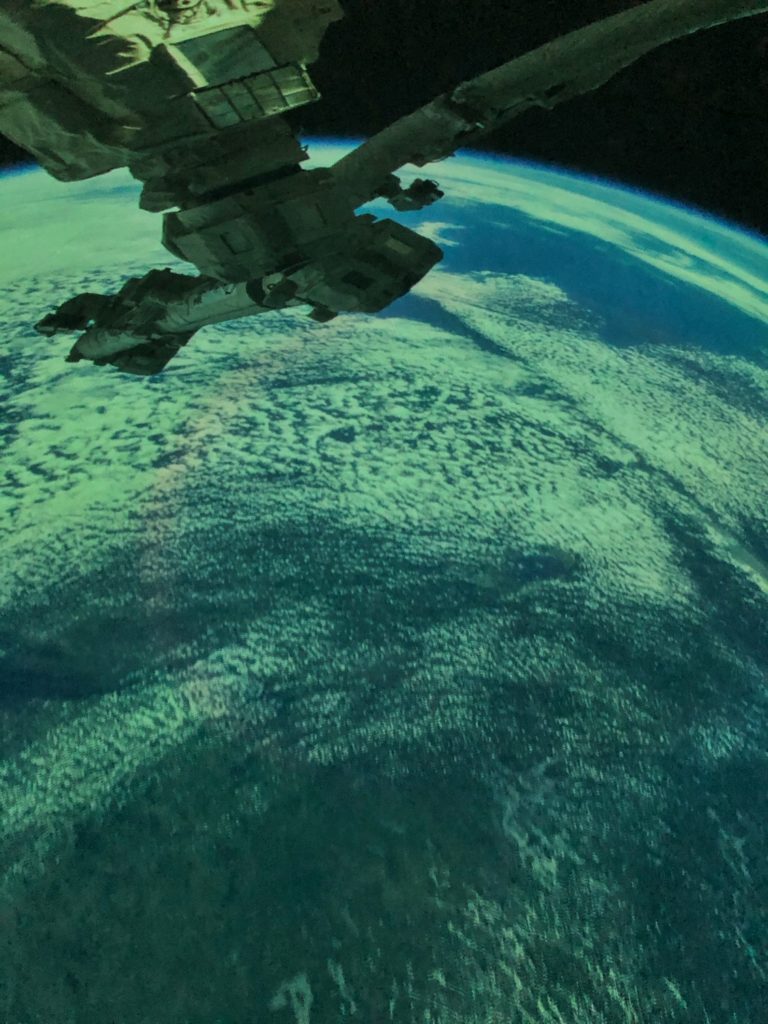
The short concert was about to conclude. The clouds and oceans viewed from the ISS had given way to a sunset above a Swiss landscape and the choir was performing Abendlied, a motet by Josef Rheinberger with the recurring line «Und der Tag hat sich geneiget» – and the day has come to its end. I was thinking about the things I might be discussing with my friends after the concert, the thoughts that had run through my head, the insights I had pulled from this experience.
And as the sun was setting above the rolling hills of the Swiss Mittelland, it dawned on me: There are so many parallels between a visit to the Planetarium and when you participate in experiential learning…
- While you might be learning many new things during a visit or an experience, it is often the things you already knew about and now see up and close, that leave the biggest imprint. Observing a movement with your very eyes makes it explicit, easier to grasp and more accessible to remember going forward.
- Moving away from your everyday routine is not exclusively about learning from the environments that you’re unfamiliar with. Taking a step outside your natural habitat also allows you to look back at your own world from a distance. And seeing clearly what might be hidden from you while you’re in it.
- And finally, as you make those extraordinary experiences – I, for instance, am not a regular Planetarium visitor – it sparks new ideas and insights. These in turn will trigger new conversations with the people around you and – as we realized – it is through purposeful conversations that we inspire and create transformation.
Shifting Perspectives. Changing The Conversation. And Transforming Your World.
That’s the slogan that will greet you on WDHB’s brand-new website. It portrays our organization in a different light and presents to you our expanded portfolio of services. We invite you to take the time and explore. And maybe, we hope, it will spark new conversations. With your colleagues, your friends and possibly also with us. Welcome to wdhb.com!
Author
Subscribe to get Access to Exclusive Content




